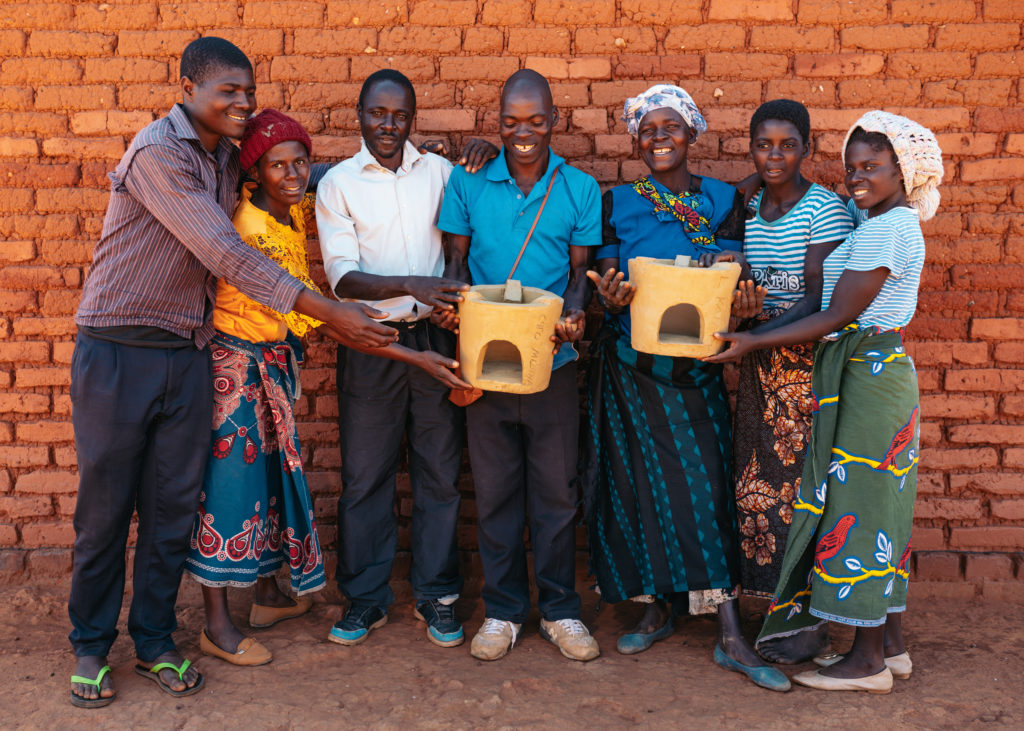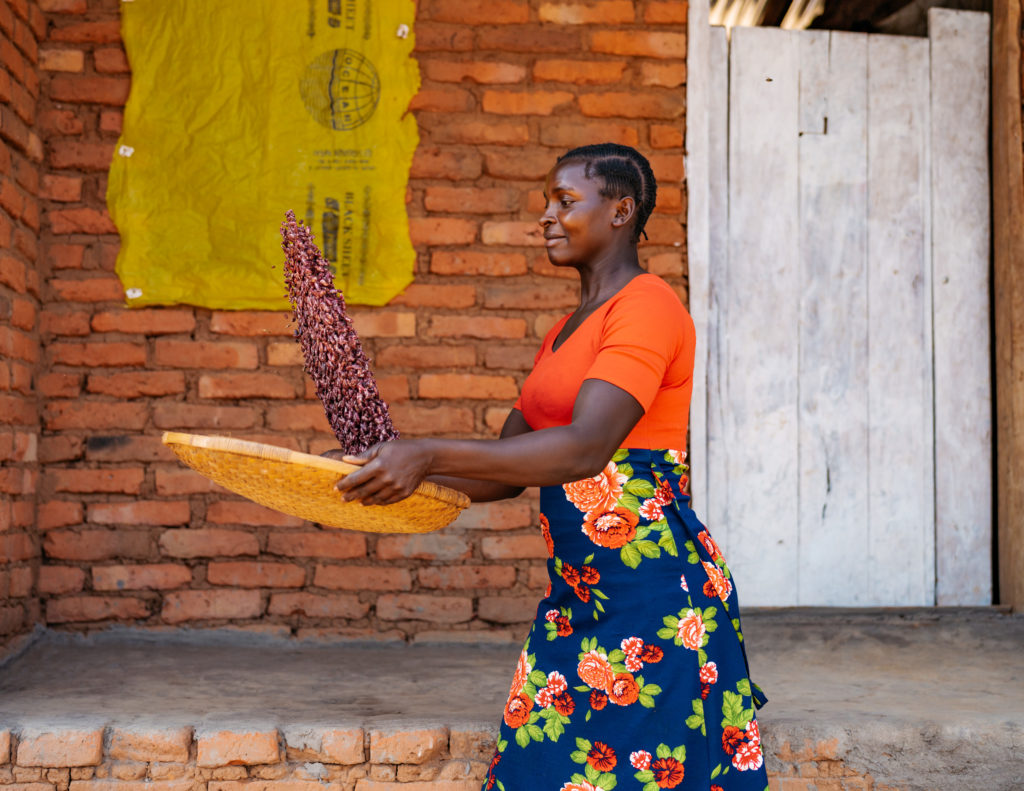Help a Child’s extra mile to become more accountable to children
CHS Alliance member Help a Child has undergone a remarkable transformation by embracing verifying against the Core Humanitarian Standard (CHS). To mark their transition from Independent Verification to Certification, we hear from Geert on how their commitment to quality and accountability has significantly enhanced the organisation’s impact for the people they support.
“The process to achieve certification against the CHS has been very helpful. We now have a clearer understanding of where systems, policies and practices are strong and effective and where further improvement is needed. The detailed, incisive audit report has helped us to improve. The entire process was an excellent opportunity to put the CHS at the forefront of the entire organisation and realign our activities and procedures accordingly. The CHS motivates us to walk the extra mile when it comes to meeting the highest quality standards.”

A community youth group with new climate smart stoves, supported by Help a Child partners in 2023. Credit: Serrah Galos/ Help a Child
The most important pillar of our strategic plan is achieving higher quality and impact. Our reason for existence is to provide a future for children in need. We do our utmost to accomplish this, and quality is our driving force. Now, by achieving CHS Certification through HQAI, we show the world that we take our commitment seriously. Being able to show that we meet this standard motivates us to continue to live up to our foundational ambition. The yearly maintenance audit of certification also gives us an extra external drive to make it a continuous priority.
As a member of the Dutch Relief Alliance, we are mandated to take part in CHS Certification, and thoroughly welcome this encouragement to meet our commitments. In fact, we think all donors should look at how they can use the CHS to support those they fund to improve accountability for the ‘end user’ – those we help.
Verifying against the CHS has instilled a culture of continuous improvement within Help a Child. By adhering to the nine commitments of the CHS, the organisation ensures its programmes are relevant, timely and effective. This structured approach has led to a more transparent and accountable operational framework, which is crucial for maintaining trust with stakeholders and people affected by crisis.
Here are the key improvements we’ve made:
- Community-Based Feedback: While Help a Child has long valued participation and feedback, after we started verifying against the CHS we organised meetings with community representatives to co-design feedback and complaint mechanisms. Each project subsequently chose its own mix of feedback channels, such as suggestion boxes, community meetings and hotlines. One exciting example of this was a child-led feedback mechanism in South Sudan, allowing children to actively express their feedback and complaints. This initiative provided valuable insights into how children perceive our projects and offered guidance on further improvements.
- Knowledge Management: In 2018, during a synthesis evaluation of all our projects, we realised that just creating high-quality policy documents is not enough. It is all about ensuring we reach the hearts and minds of our field staff so that they understand and live by our philosophy. We introduced all kinds of training, information exchange, and e-learning. For example, we began a Community of Practice for all staff and partners to share learnings on priority topics like Early Childhood Development, Child Protection and Disaster Response.
- Disaster Risk Reduction: Up to 2019, we were organised in silos: one silo for development programmes and one silo for disaster response. As an important discourse, Triple Nexus came up in our sector, and CHS pushed us to connect development with disaster response. This resulted in more attention to Disaster Risk Reduction in our development programmes and more sustainability and empowerment approaches in disaster response.
- Partnership Management: Supported by the CHS process, we have improved equal partner relationships and become more transparent in our relationships with our implementing partners. We created new Memoranda of Collaborations with partners, emphasizing more the equality in the relationship and our vision on partnership. We also started a Community of Practice with the CEOs of our partners to discuss strategic topics, ensuring decisions are taken together.
- Communication with communities: during the external audit in 2023, we realised we need to improve on the intensity and quality of our communication to affected people, explaining who Help a Child is as the donor behind our implementing partners and what integrity means to us.
As a result of all these changes, Help a Child has seen a notable improvement in our relationships with the communities we support. The CHS commitments emphasise accountability to affected people, ensuring that their needs and feedback are central to the organisation’s operations. Taking this participatory approach has led to more inclusive and responsive programmes, ultimately resulting in better outcomes for the communities served.
After several years of using the CHS to improve our work, it was great to get confirmation from the CHS audit report that the communities we help feel “…that Help a Child and its partners take the time to understand what the community has and does not have and to identify the most vulnerable.”

Member of a community youth group supported by Help a Child partners in 2023. Credit: Serrah Galos/Help a Child
Achieving CHS certification has also boosted donor confidence in Help a Child. As a relatively small NGO, the CHS opened up new avenues for further funding by larger donors, enabling us to provide more impact for more children in need. We expect and encourage more and more donors to adopt the CHS standard and, by doing so, increase the level of CHS compliance – meaning every group helping potentially vulnerable people are meeting those fundamental commitments. We want to work in this world.
Overall, Help a Child’s journey with CHS Alliance and verifying against the CHS has been transformative. The organisation has not only improved our internal processes but most significantly changed the power dynamics between us and those we serve. Through our commitment to CHS verification, we will continue to build trust, foster empowerment and deliver sustainable solutions to those in need.
